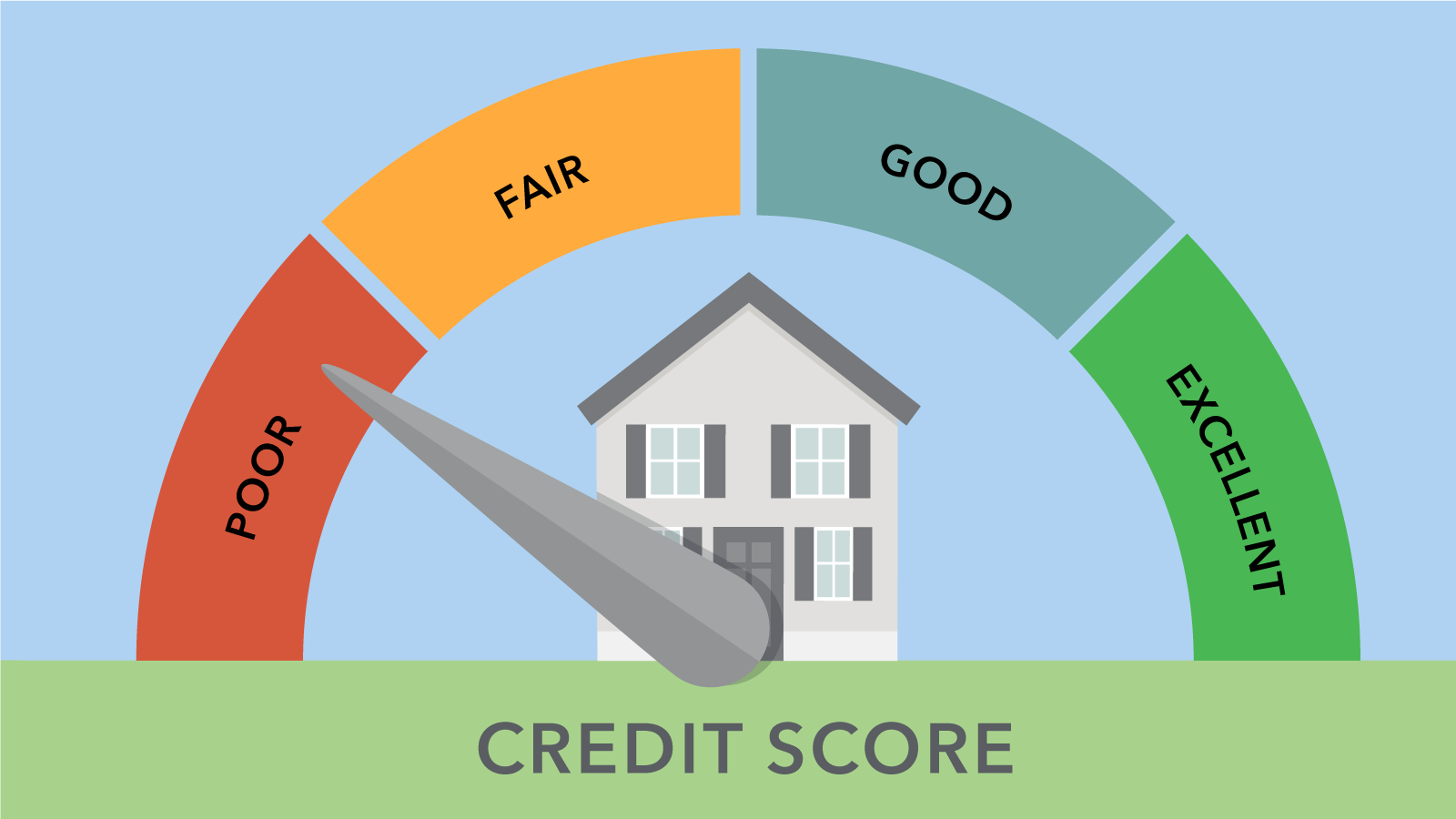
The Role of Credit Scores in Buying a Home
Buying a home is often considered a cornerstone of the American Dream, but the pathway there can seem like a maze, particularly when it comes to understanding the impact of credit scores. A three-digit number might seem insignificant at a glance, but when it comes to home purchasing, this number packs quite a punch. Your credit score is a gatekeeper—it can open doors to better interest rates and loan terms or create hurdles that can either delay the purchase or increase the costs significantly.
What Is a Credit Score Anyway?
Let’s start with the basics. A credit score is a numerical expression based on an analysis of your credit files, serving as a gauge of your creditworthiness. Essentially, it’s your financial report card and the score ranges from 300 to 850. The higher your score, the more trustworthy you appear to lenders.
Why Does Your Credit Score Matter When Buying a Home?
When it comes to home buying, lenders use your credit score to make several important decisions. It influences whether you’ll be approved for a home loan in the first place and it affects the terms of such a loan.
Loan Approval: A solid credit score can be the deciding factor in whether a bank will lend you money to buy a house. It reassures lenders that you’ve been responsible with credit in the past and suggests that you’re likely to be good at managing debt in the future too.
Interest Rates: The interest rate on your mortgage is directly tied to the level of risk the lender is taking on. A higher credit score means lower risk, which in turn leads to lower interest rates—and that means more money stays in your pocket over the life of your mortgage.
Loan Terms: Your credit score also affects the terms of the loan including the amount of the down payment required and the loan amount itself. A higher score could mean a smaller down payment and a larger loan, giving you more house for your money.
What Credit Score Do You Need to Buy a Home?
The magic number for buying a house can vary depending on the type of loan you’re seeking. Generally, a score of 620 is often considered the minimum for obtaining a conventional loan, while FHA loans may allow scores as low as 580 with a higher down payment.
Boosting Your Credit Score Before Home Buying
If your score isn’t quite where it should be, don’t worry—there are steps you can take to boost it:
– Check Your Credit Report: Grab free copies of your credit reports from the major credit bureaus and check them for errors. Correcting any mistakes can contribute to a credit score increase.
– Pay Down Debt: Reducing your credit card balances and outstanding loans will improve your credit utilization ratio—a key factor in determining your score.
– Pay Your Bills on Time: Consistency in paying bills by their due dates can have a positive impact on your credit score.
– Avoid Opening New Credit Lines: Each time you apply for new credit, you receive a hard inquiry on your credit report, which can temporarily lower your score.
Navigating Credit Scores for First-Time Home Buyers
If you’re a first-time homebuyer, the world of credit scores can be especially tricky to navigate. Here’s a brief roadmap:
– Understand Where You Stand: Before house hunting, get a reliable measure of your credit score.
– Educate Yourself on Credit: Learn about the factors that influence your score and the steps you can take to improve it.
– Examine Loan Options: Explore various types of loans to see which one fits your credit profile and your needs.
Long-Term Implications of Your Credit Score
It’s not just about getting into your dream home—the impact of your credit score stretches far beyond the day you get the keys. A better score means you’ll save money on interest that can add up tremendously over the span of a 15- or 30-year mortgage. Plus, good credit can make refinancing easier down the line, should you look to take advantage of better rates or terms in the future.
Conclusion
In conclusion, your credit score plays a pivotal role in the home-buying process. It determines a range of crucial factors from your eligibility for a home loan to the terms and interest rates you’ll receive. Therefore, understanding and improving your credit score should be an integral part of your plan when you decide to purchase a home. By managing your credit responsibly and keeping a close eye on your credit report, you’ll position yourself for not only a successful home purchase but also better financial health in the foreseeable future.
Remember, the path to home ownership begins long before you start looking at properties or saving for your down payment—it starts with building and maintaining a strong credit score. So begin that journey today. Your dream home awaits, and your credit score is the key!